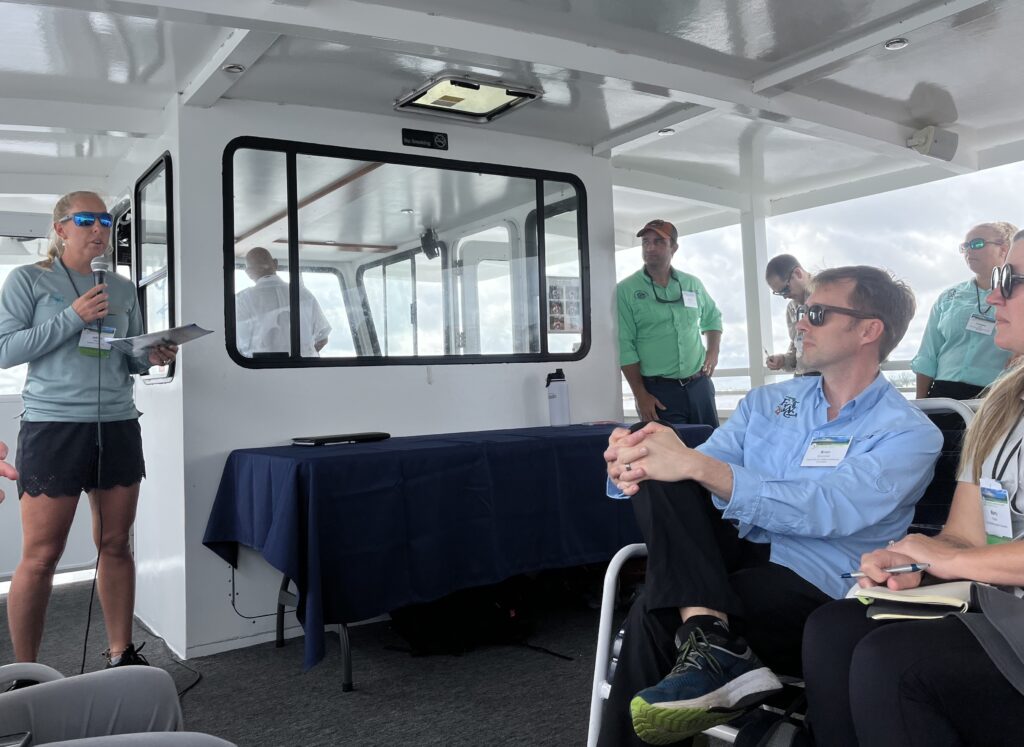BTT Juvenile Tarpon Habitat Program Manager JoEllen Wilson presents to Summit attendees.
Bonefish & Tarpon Trust sponsored and presented at the Florida Fish and Wildlife Conservation Commission’s (FWC) Landscape Conservation Summit earlier this month in Fort Myers, FL. The Summit focused on the agency’s reintroduced Landscape Conservation Initiative. The theme of the Summit was Connect, Collaborate, Conserve, and it featured panels, scientific presentations, and field trips focusing on partnerships, both aquatic and terrestrial, from around the state.
On the Charlotte Harbor field trip, BTT discussed how we’re working with anglers to identify sensitive juvenile tarpon nursery habitats, how vital it is to protect the few natural ones we have left, and our plan for continued habitat restoration in the area. During the science sessions, BTT Director of Science and Conservation, Dr. Aaron Adams, underscored the need to incorporate habitat in management plans to protect mangrove-lined tidal creek systems, and the economic, cultural and ecologic importance of the species that inhabit them. BTT’s Juvenile Tarpon Habitat Program Manager, JoEllen Wilson, shared the progress of Coral Creek Habitat Restoration and how we’re collaborating with the Charlotte County Land Use planning department to address coastal development affecting nursery habitats. Kellie Ralston, BTT’s Vice President for Conservation and Public Policy, provided comments to Summit attendees emphasizing the connectivity of our ecosystems – from uplands to wetlands to estuaries to coral reefs – and how important comprehensive conservation and planning are for our fisheries.
The long-term plan for FWC’s Landscape Conservation Initiative is to select a study region, connect various agencies to see what is being studied in that region, including which habitats and species are being impacted and how, and to formulate a collaborative conservation effort. We know that what happens inland is impacting our coastal habitats as well as water quality, and understanding the hydrologic connections is necessary for improved fisheries conservation. Focusing on habitats and water quality is the best chance we have at conserving our fisheries.




